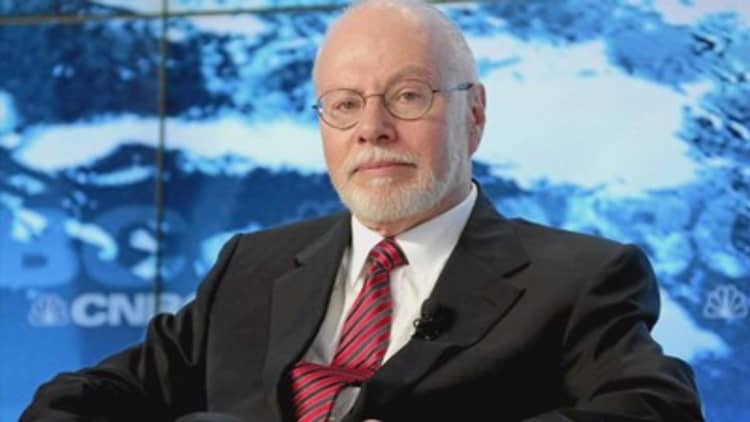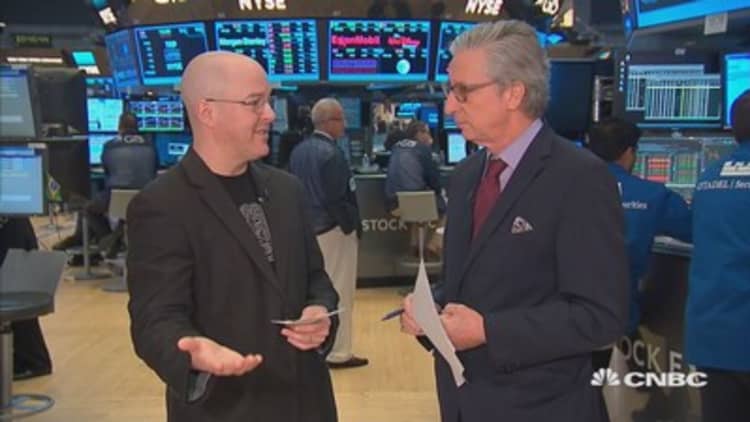
Wall Street is increasingly worried about a world dominated by index funds and ETFs.
Elliott's Paul Singer, one of the most respected hedge fund managers out there, said the decline of active management is hurting the free market.
"Passive investing is in danger of devouring capitalism," the hedge fund manager wrote in a July investor letter, the contents of which were confirmed by CNBC. "In a passive investing world, small shareholders have little-to-no voice and no realistic possibility of banding together, while the biggest shareholders have no (repeat, no) skin in the game so long as the money manager does not underperform the index."
Elliott Management has $32.8 billion of assets under management as of May 2017, according to Reuters. Singer founded the firm in 1977. The manager's investor letter remarks were first reported by Bloomberg News.
His comments come as a ETFGI.com report last week showed that assets in the global exchange-traded funds industry alone (not including index funds) amounted to $4.17 trillion a the end of the second quarter, a trillion dollars more than the hedge fund industry Singer calls home.
"What may have been a clever idea in its infancy has grown into a blob which is destructive to the growth-creating and consensus-building prospects of free market capitalism," Singer wrote.
He's not the only one on Wall Street sounding the alarm. Hans Redeker, global head of foreign exchange strategy at Morgan Stanley, told CNBC in July he is concerned over the decline of active fund management.
"I do not like what I see, because you have to consider when you have people getting more involved with passive investment strategies, the market will be less able to react to minor distortions or minor declines on the fundamentals side," Redeker said.
"From an aggregate point of view it is frightening. It means that at one point you will not have the active end in the market to stabilize it. You would have just the passive guys getting into herd mentality," he added.
Approximately $2.2 trillion of assets are indexed to the S&P 500, according to the S&P Dow Jones Indices' website. In 2016, passive funds attracted a net $508.4 billion while active suffered $340.1 billion in outflows, according to Morningstar. That trend has continued this year.
Elliott is still sticking to the active management game though. In fact, the firm on Friday revealed a 4.9 percent equity stake and 1.1 percent of additional long exposure through derivatives in NXP Semiconductors. It said in a filing the company's shares are "significantly undervalued."
Elliott Management did not respond to a request for comment.
WATCH: Strong inflows into ETFs continue



